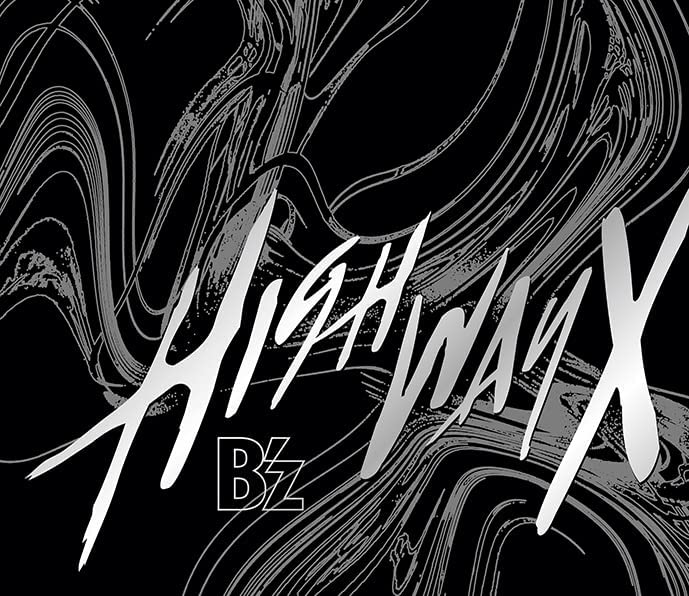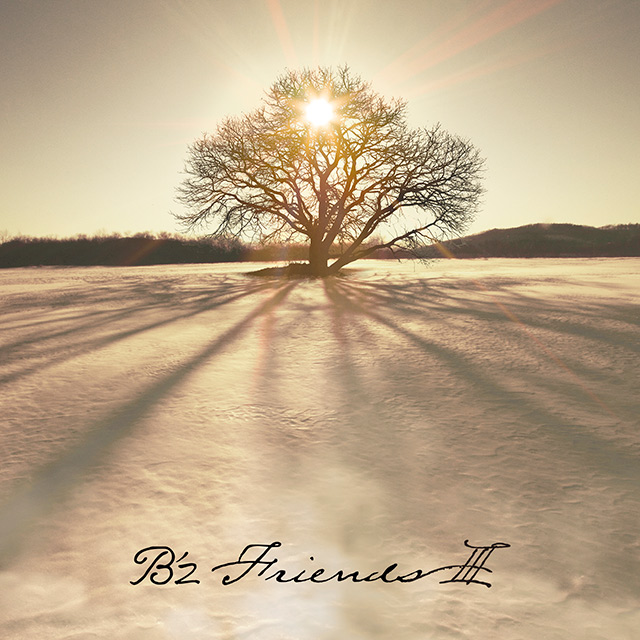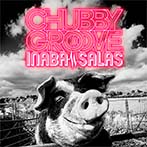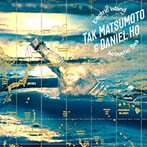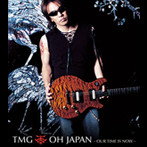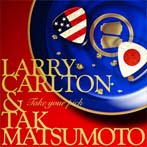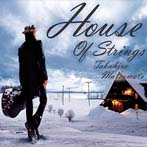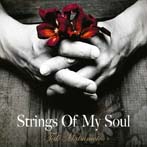The Origin of the Name “B’z”
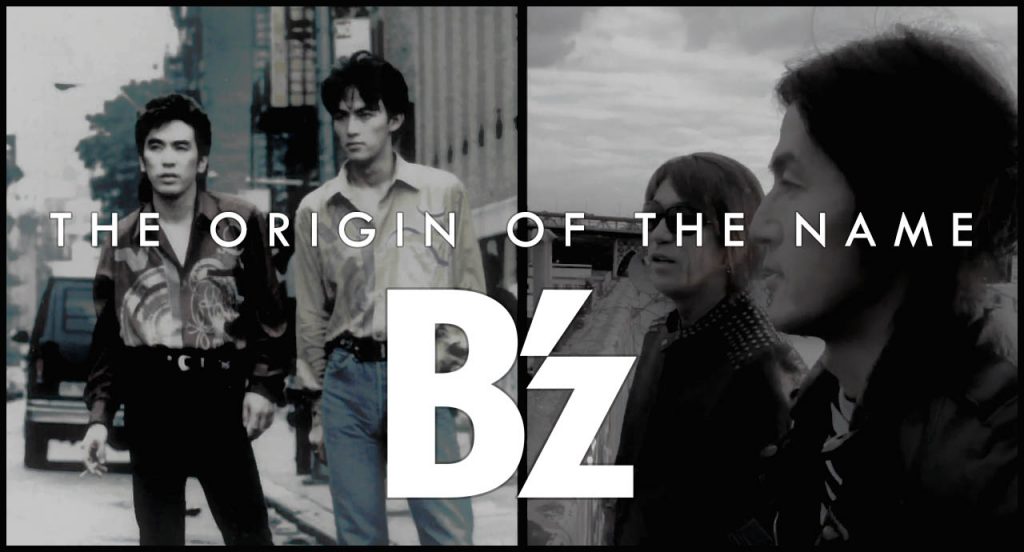
One of the more curious oddities in B’z lore and its accompanying fandom is the origin of the name “B’z“. A great many explanations have been proffered over the years (including both competing and supporting explanations by Tak and Koshi themselves in various interviews after being asked the question innumerable times). As many now no doubt know, “B’z” is pronounced the same as “bees” and occasionally as “bi-zu” (ビーズ) as a phonetic replacement by fans in Japan though the band use the former.
In 2012, as part of the B’z LIVE-GYM 2012 -Into Free- tour that saw the band play both coasts of the U.S. and Canada, a camera crew from WOWOW followed the action and recounted it in the documentary Only Two. The title of which originates from Tak, who stated when asked about the founding of the band:
“In the beginning, I wanted to found a band with four members, but… [after meeting Koshi] I thought, ‘Only two is enough.'”
Later, when asked if he had a clear vision of the path B’z would follow, he added:
“I had a clear vision from the start: I wanted to form a band that could succeed in making hit songs, you know. That’s why I started a band with just two. In general, every member of a band is egotistic. I didn’t think it’d be well organized with so many opinions.”
As for the name they later took as their own, the most prominent explanation over the years became that B’z wanted to be an “A to Z” sort of band, a band from which you could expect any sort of music. This was shortened to “A~Z” and then “A’z“, but the poor connotations quickly made it an unfavorable candidate, which led to “B’z”. Tak also mentioned in a 1989 interview that the idea of having a “Z” at the end was the result of a casual remark by a staff member whilst they were recording their earliest demos. Another article quoted Tak as saying he liked the idea of using a “Z” in the name and thought having a “B” would be appropriately masculine, with the number of associated B” rock artists out there. Thus, adding the two together formed “B’z“. Another related rationale that emerged in the press was that the band wanted to be inclusive of their favorite rock artists, and thus the name “B’z” included “B” for The Beatles and “Z” for Led Zeppelin.
As it turns out, there’s an element of truth to most of the popular explanations out there. From the aforementioned documentary, in their own words, here is an English-subtitled account of the band explaining the way the name came about:


